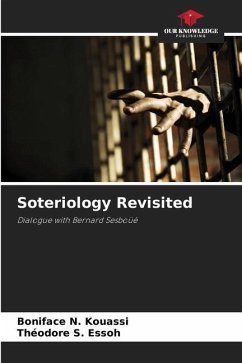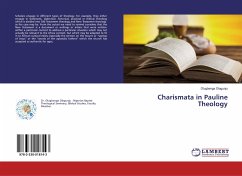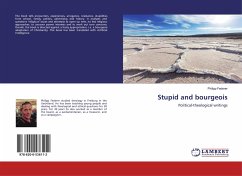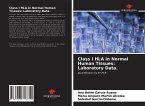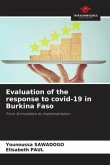From the second millennium to the beginning of the last century, the doctrinal development of theology, and particularly that of soteriology, underwent a dark florilegium. The doctrinal case for redemption in Scripture was very different from that of the Church's tradition. In the conciliar developments of dogma, on the contrary, its place is strangely restricted. It focuses entirely on the human-divine identity of Jesus. In modern times, an unconscious process of "deconversion" has affected many of the metaphorical categories of redemption and salvation, and has parasitized the theological systematization of the mystery. So many of our contemporaries are uneasy about the Christian doctrine of redemption, either because they contest it or because they reject it. What is Sesboüé's contribution?
Bitte wählen Sie Ihr Anliegen aus.
Rechnungen
Retourenschein anfordern
Bestellstatus
Storno

